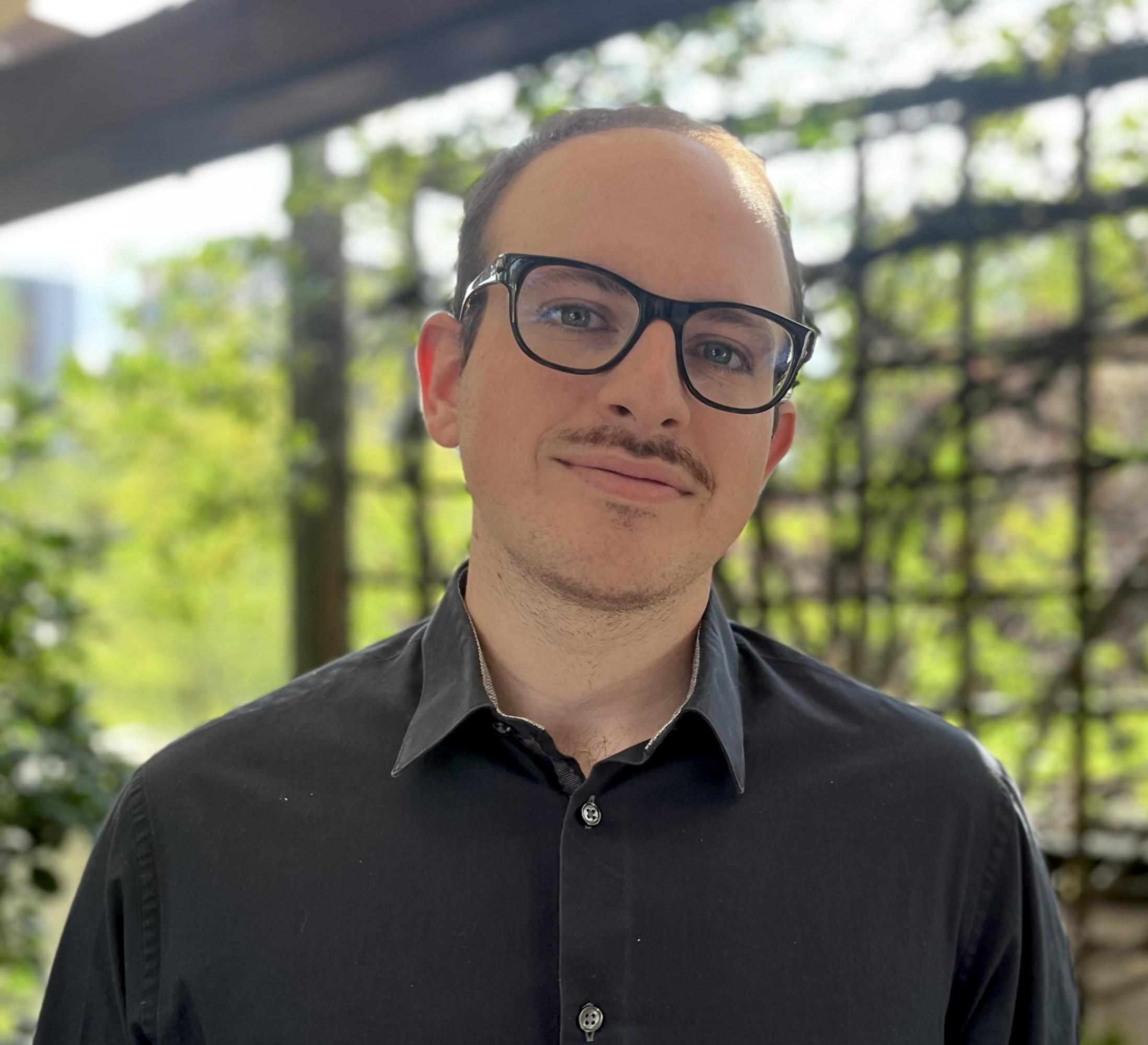-
Host organisation: Amsterdam UMC, Amsterdam, The Netherlands
-
Supervisors: Dr. Linda Smit and Dr. Rachel Thijssen
-
Research project: DC04- Characterization of AML MRD using single cell transcriptomic and epigenetic analysis
About me
" By combining single-cell transcriptomics and epigenetics, I aim to uncover how residual leukemia cells persists after treatment. My goal is to use single-cell technologies to bring us closer to truly personalized treatments for AML patients" .

My professional and academic background bridges biotechnology and Computational Biology, disciplines that allow me to explore complex biological systems through the lens of data. Throughout my studies and research experiences, I became fascinated by how computational tools can transform raw biological information into meaningful insights, uncovering hidden patterns that help us understand disease mechanisms at multiple scales.
Before joining the MIRACLE network, I held a research fellowship at the National Research Council (CNR) in Italy, where I worked on cancer genomics projects. This experience deepened my interest in translational cancer research and strengthened my motivation to bridge experimental biology with data-driven discovery. Working alongside biologists, clinicians, and computational scientists taught me the value of interdisciplinary collaboration and how diverse expertise can come together to accelerate progress in understanding complex diseases.
I have always been passionate about data. To me, data are not just numbers — they are the language through which biology reveals its hidden logic. There is a certain beauty in finding structure within complexity: seeing how thousands of single-cell profiles, when carefully integrated, can expose the molecular diversity that drives health and disease. This fascination fuels my drive to improve how we analyze and interpret large-scale biological datasets, transforming them into actionable knowledge.
As part of the MIRACLE network, I am working on DC04: Characterization of AML MRD using single-cell transcriptomic and epigenetic analysis. My project aims to dissect the cellular heterogeneity that underlies treatment resistance and relapse in acute myeloid leukemia (AML). By integrating single-cell transcriptomic and epigenetic data, I hope to contribute to a better understanding of how residual leukemia cells persist after therapy and how these insights could inform more precise treatment strategies.
Through MIRACLE, I expect to further develop my technical and analytical skills in single-cell and multi-omics data integration, while also gaining a broader perspective on how computational biology can directly impact clinical research. The network’s collaborative and international environment offers a unique opportunity to grow as a scientist, learn from diverse approaches, and contribute to a collective goal of improving patient outcomes.
Ultimately, I aspire to build a career at the intersection of data science and cancer biology — developing innovative computational methods that help decode tumor complexity and guide the next generation of precision medicine.